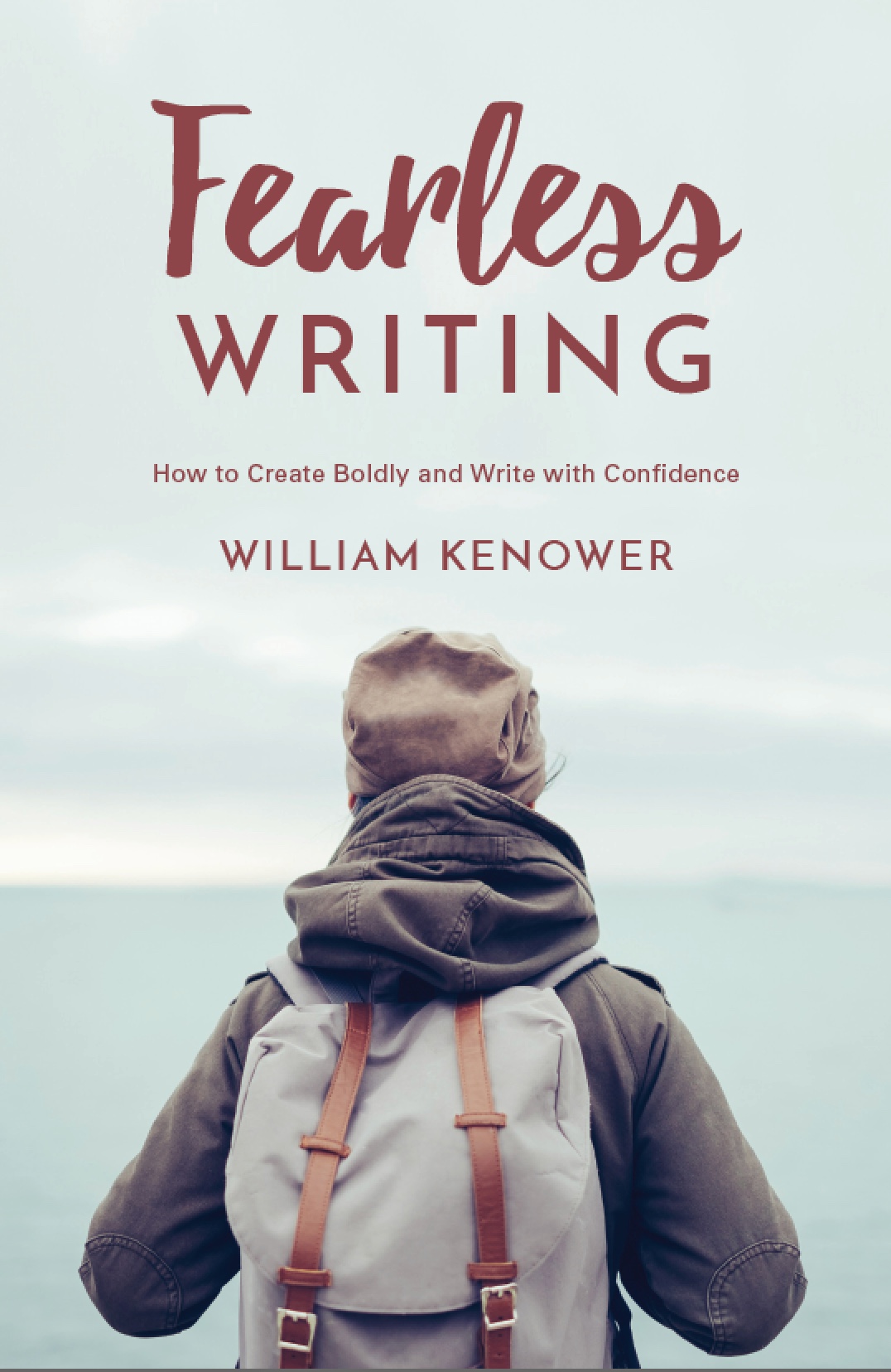Blameless
I wrote the other day about the power of very good questions. Here’s an example of a not-so-good question: “What’s wrong with me?” Whenever I used to ask this question – which, for a time, was pretty often – it seemed like absolutely the most practical question to which I could put my mind. I only asked the question because something was wrong, by which I mean I was unhappy. If you’re a writer I don’t need to tell you what was wrong. It’s always the same for all writers – rejection and failure. These are not small and discrete problems, however. Their scope can be all consuming. Which is why I asked this not-so-good question. I was an adult, after all, and as an adult when something is wrong, you fix it. The problem was that every time I asked myself – and by “myself” I mean my imagination, which answered all my questions, creative or otherwise – whenever I asked this question I got no answer. There was only silence, the void. It reminded me hauntingly of my worst fears about death. In fact, this thought of death seemed every bit like the life of failure, an endless absence of joy and discovery.
By and by (and by and by and by; I was a very slow learner with this one), I learned that whenever something was happening that I didn’t like, I would ask myself, “If nothing’s wrong with me, and if nothing’s wrong with anyone else, and if nothing’s wrong with Life, why is this happening?” I had to phrase it this way because I was sorely tempted to simply assign blame for my troubles. Blame stops all questioning without providing a real answer.
So I’d ask this question. It’s a good one, but you sometimes have to be patient with the answer. No matter. Just as I can sit quietly at my desk waiting for the next sentence to come, so too I can sit quietly in my car or at the kitchen table for that question to be answered. I could wait because now I wasn’t solving the Problem of Bill, now I was just thinking creatively, which is the happy pursuit of an expanded perception of life.
The answer, by the way, was always the same: I’d misunderstood. I mistook a rejection letter for my career’s death knell, feeling stuck with a story for a lack of talent. I’d made these mistakes and accepted them as reality. Do not accept death as an answer. The void is just a case of temporary blindness, of looking for what is wrong when there is nothing wrong and no one to blame.
If you like the ideas and perspectives expressed here, feel free to contact me about individual and group coaching.
Fearless Writing: How to Create Boldly and Write With Confidence. You can find William at: williamkenower.com


